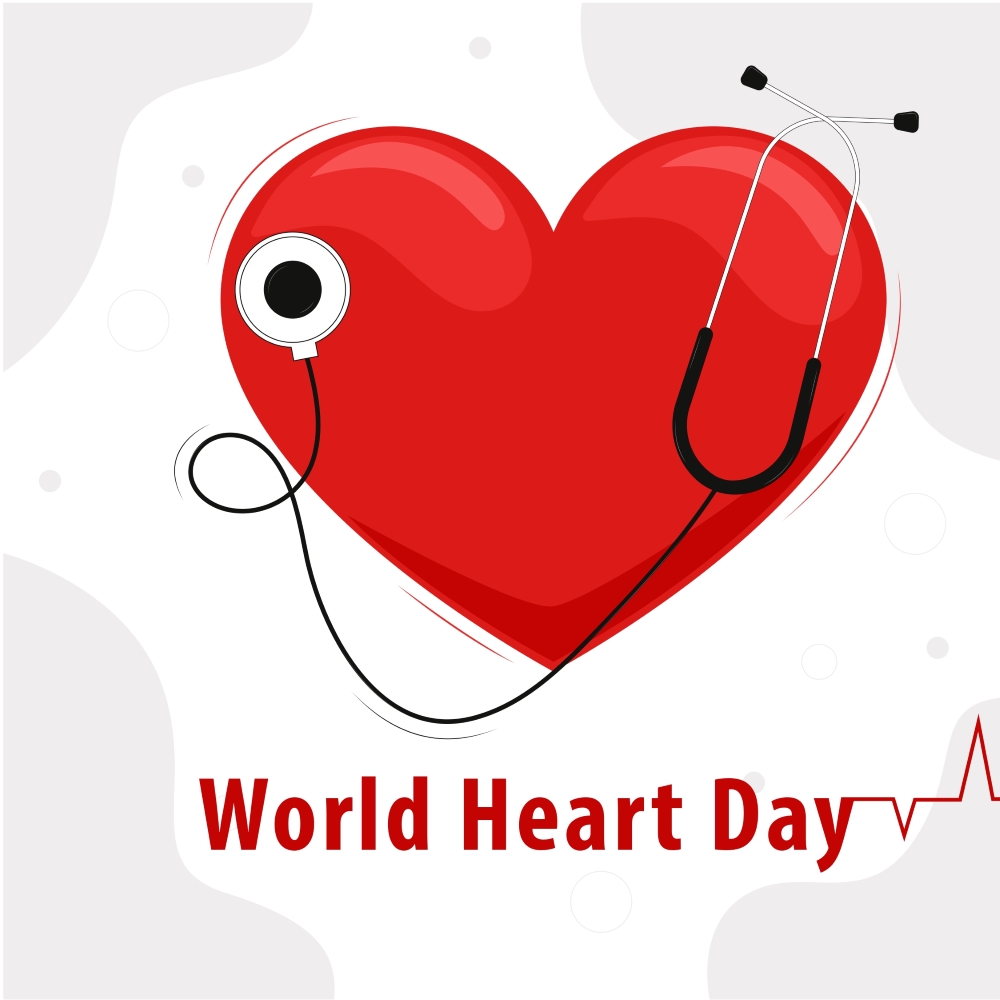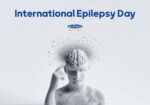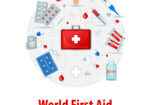World Heart Day: A Comprehensive Guide to Heart Care

By choosing a healthy lifestyle, proper nutrition, and regular physical activity, heart disease can be prevented, leading to a longer and higher-quality life. Your heart is the engine of life; take care of it!
The heart is the engine that drives our life. Its proper functioning is crucial for maintaining health and quality of life. Cardiovascular diseases are one of the leading causes of death globally, but the good news is that these diseases can be prevented by following certain guidelines.
By adopting a healthy lifestyle and adhering to a few simple tips, we can protect our hearts and enjoy a longer and healthier life. World Heart Day provides a perfect opportunity to focus on this. In this article, we will thoroughly explore strategies for heart care.
World Heart Day
World Heart Day is an important global event held annually on September 29, aimed at raising awareness and promoting heart health care while preventing cardiovascular diseases. This day was established by the World Heart Federation to remind people worldwide of the importance of heart health and its role in living a healthier and longer life.
The Purpose of World Heart Day
Each year, various campaigns are organized with different slogans to encourage people to take care of their heart health. World Heart Day also emphasizes leading a healthy lifestyle and preventing risk factors such as smoking, unhealthy diets, physical inactivity, and stress.
The Importance of Heart Health
The heart is one of the most vital organs in the body, responsible for pumping blood and delivering oxygen and nutrients to other body parts. Any problem in heart function, such as blocked arteries or weak heart muscles, can lead to serious conditions like heart attacks or heart failure.
According to the World Health Organization (WHO), cardiovascular diseases cause over 20 million deaths annually worldwide. This alarming statistic highlights the importance of preventing these diseases and raising public awareness about heart care.
Risk Factors for Heart Disease
Before discussing prevention strategies, it is important to understand the risk factors for heart diseases:
- High Blood Pressure: One of the most significant risk factors for heart disease.
- High Cholesterol: Elevated cholesterol levels can damage artery walls and cause blockages.
- Diabetes: Uncontrolled diabetes can damage blood vessels and increase the risk of heart disease.
- Obesity and Overweight: Obesity is directly linked to high blood pressure, cholesterol, and diabetes risk.
- Smoking: Smoking is a major risk factor for heart disease as it damages blood vessels and increases the risk of blood clots.
- Physical Inactivity: Lack of regular physical activity can lead to weight gain, high blood pressure, and cholesterol.
- Family History: Having a family history of heart disease can increase the risk of developing it.
How to Maintain Heart Health?
Heart health is greatly influenced by lifestyle choices. Here are some effective ways to keep your heart healthy:
- Healthy Diet: Consuming fruits, vegetables, whole grains, and healthy fats supports heart health.
- Regular Physical Activity: At least 30 minutes of exercise daily can strengthen the heart.
- Avoid Tobacco Use: Smoking is one of the biggest risk factors for heart disease.
- Stress Management: Learning relaxation techniques like yoga and meditation can lower blood pressure and support heart health.
- Regular Checkups: Periodic medical examinations can detect heart problems early and prevent their progression.
- Blood Pressure Control: Keep your blood pressure in a normal range through prescribed medications and lifestyle changes.
- Weight Loss: If overweight, lose weight by changing your lifestyle and engaging in physical activity.
By following these strategies, you can effectively protect your heart and improve your overall well-being.
Proper Nutrition for Heart Patients: The Key to Health and Recovery
Proper nutrition is one of the most important factors in managing and improving heart disease. By choosing the right foods and avoiding certain items, one can significantly reduce the risk of heart complications and improve quality of life.
General Nutritional Guidelines for Heart Patients
- Mediterranean Diet: This diet, rich in fruits, vegetables, whole grains, fish, olive oil, and nuts, is considered one of the healthiest diets for heart health.
- Reduce Sodium Intake: Sodium increases blood pressure, so it’s important to limit salt and salty foods.
- Limit Saturated and Trans Fats: These fats raise bad cholesterol levels and should be avoided.
- Increase Fiber Intake: Fiber helps reduce cholesterol, control blood sugar, and improve digestive function.
- Reduce Added Sugars: Added sugars can lead to weight gain, insulin resistance, and an increased risk of heart disease.
Heart-Healthy Foods
- Fruits and Vegetables: Rich in vitamins, minerals, and antioxidants, they promote heart health.
- Whole Grains: High in fiber, they help control blood sugar and reduce cholesterol.
- Fatty Fish: Fish like salmon, trout, and tuna are rich in omega-3 fatty acids, which help reduce inflammation and prevent blood clots.
- Nuts: Nuts are packed with healthy fats, fiber, and vitamin E.
- Legumes: A great source of protein, fiber, and minerals.
- Olive Oil: Rich in healthy unsaturated fats, it helps lower bad cholesterol.
Foods Harmful to the Heart
- Processed Foods: These are often high in sodium, trans fats, and added sugars.
- Sweets and Sodas: High in added sugars and empty calories.
- Hydrogenated Oils: Contain trans fats and should be avoided.
Exercise: A Healing Remedy for the Heart
Regular exercise is one of the most important factors in improving and preventing heart disease. Physical activity helps strengthen the heart muscle, lower blood pressure, control cholesterol levels, improve circulation, and reduce stress. Aerobic exercises such as brisk walking, cycling, swimming, and light aerobics are very beneficial for heart patients.
These exercises help increase heart endurance and improve its function. However, heart patients should always consult their doctor before starting any exercise program to ensure it suits their condition. Patients should gradually increase the intensity and duration of exercise and avoid heavy or sudden activities. Strength training exercises can also benefit heart patients, but should be done cautiously and under supervision.
Strength training helps build muscle strength and bone density and can reduce the risk of falls and fractures, particularly in older patients. In general, regular exercise is a critical component in treating heart disease and can help patients lead longer, healthier lives.
Conclusion
Taking care of the heart requires ongoing effort and lifestyle changes. By adopting healthy habits and following medical advice, one can protect the heart and enjoy a longer, healthier life.
Frequently Asked Questions (FAQs)
- How can we reduce the risk of heart disease? By following a healthy diet, engaging in regular physical activity, quitting smoking, and managing stress, you can significantly reduce the risk of heart disease.
- Who is at higher risk for heart disease? People with a family history of heart disease, smokers, individuals with obesity, high blood pressure, or high cholesterol are at greater risk.
- Can children also develop heart problems? Yes! Although heart disease is more common in adults, some children may develop heart problems due to genetic factors or congenital issues.





